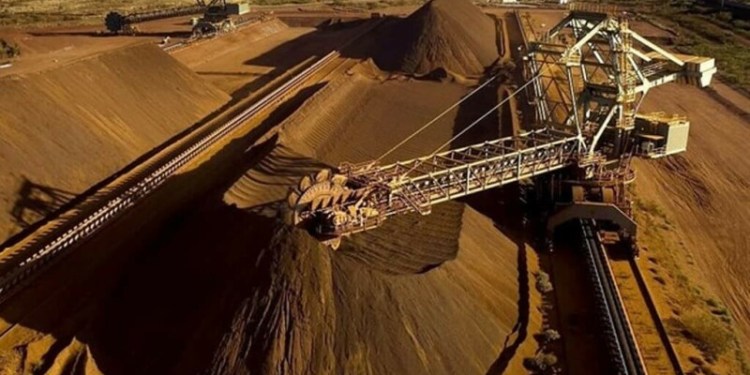BUENOS AIRES, Argentina (AP) — Argentina’s most powerful unions brought thousands of people into the streets Friday to protest against high inflation and thousands of job cuts in the biggest demonstrations against President Mauricio Macri since he took office in December.
Demonstrators waving blue and white Argentine flags flooded the main avenues of Buenos Aires, blocking traffic in a protest that brought together rival unions that put aside differences to protest Macri’s policies.
“This is a historic gathering of the five unions that represent the workers. We understand that the interests of the workers come before the leaders,” said Hugo Moyano, who heads the truckers union and a branch of the CGT labor federation. “Macri is against the workers.”
Thousands of state employees have been fired since Macri came to power in December promising to cut bloated spending, curb government deficits and tame one of the world’s highest inflation rates.
The job cuts and the recent elimination of subsidies, which have led to sharp increases in everything from bus rides to light bills, have stoked unrest in a nation with a long tradition of providing generous state jobs and benefits.
Pro-business Macri has said measures are needed to revive Argentina’s stagnant economy, attract foreign investment and end economic distortions that have led to years of consistently high inflation.
His government says the layoffs are justified because many employees hired during previous administrations never showed up for work. The unions say workers are being indiscriminately fired.
Argentines continue to lose purchasing power to an inflation rate estimated at 30 percent.
“There’s a critical situation in Argentina and we’re not seeing a solution ahead,” said Pablo Micheli, leader of the Central Workers Union, which includes many public sector employees.
A recent report by an opposition think tank, the Argentine Center for Economic Policy, said 141,542 workers lost jobs between December and March, most in the private sector.
The labor secretary has contested those figures, but the government acknowledges that about 10,000 state workers have been laid off.
Maia Goldin is one of them. The 28-year-old chemical engineer recently showed up to work at a government arms company to find her building closed and being guarded by police.
“Nobody ever gave me a reason,” Goldin said. This administration is “losing its humanity, its ability to think and care about others, because when you leave someone without work, you leave them without a reason to be.”
Layoffs have hit particularly hard in Argentina’s oil-rich south as companies try to stay afloat despite low oil prices. About 40,000 workers in the construction sector were laid off from January to March, Argentina’s Construction Workers Union says.
Labor unrest could continue to grow if Argentina’s top trading partner, Brazil, plunges even deeper into its worst recession in decades. Argentine exports to Brazil fell more than 50 percent last year and the forecast for 2016 is similar, said Patricio Giusto, an analyst at the Political Diagnostics consulting firm.
“It’s not like Argentina can say: ‘Brazil is falling apart so we’ll sell to another country.’ We don’t have an alternative market,” Giusto said. “It’s a problem that Macri can’t solve. It’s an external issue that’s out of his hands.”
Argentina’s opposition has proposed a bill that would ban laying off workers “without just cause” and that would allow those who lose their jobs to get double compensation.
Macri has said the plan would scare off badly needed investment.
The measure has been approved by the Senate and is to be debated by the lower house of Congress, where Macri lacks a majority.




























